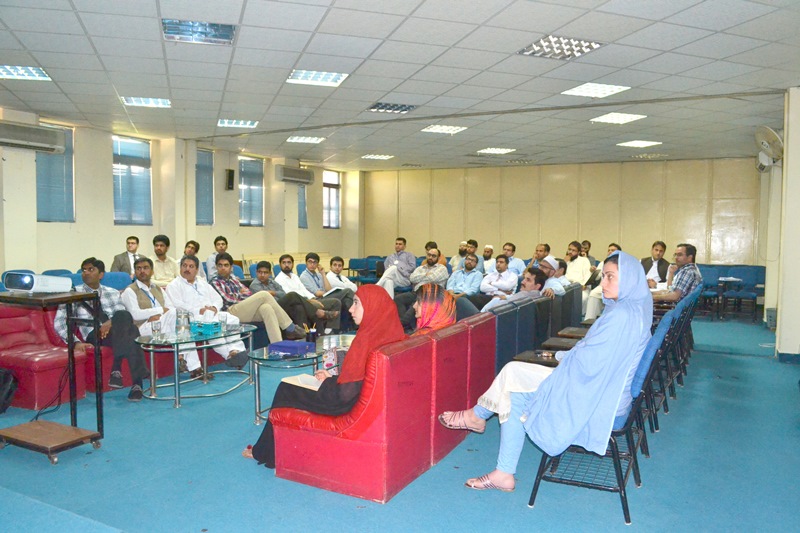Training seminars provide employees and members of organizations with an opportunity to learn new business and industry practices. It is through these trainings that employees learn skills that will help improve your business. Below are tips that can ensure a successful seminar.

#1. Decide on your objectives
When planning a training seminar the first thing that should come to your mind is, what is the purpose of the seminar? What area exactly do you intend on training your attendees? Brainstorm first and plan each of your seminars, will you need a motivational keynote speaker? training sessions or conventions into specific dates in your calendar. Create a focus and theme for each event.
#2. Location
After you have decided on your goal, it’s time for you to decide on where you want the training to take place. For a smaller event or size, the firm’s board room will be fine. However, if the firm is much larger, then a larger space will be needed. Pick a location that meets the requirements of your seminar profile, such as audio/visual requirements, enough seating for expected attendees, enough rest rooms etc. the venue has to be available on the set date and within the company’s budget.
#3. Accommodation
If it happens that the seminar is for more than one day you might want to provide lodging for your attendees. Negotiate a discount with hotels and at least book two months in advance of the seminar.
#4. Attendees
Since it’s a company seminar, you will need to determine if it is mandatory or not for staff to attend. Also you will need to determine if it’s an event for all the staff in the company or if it is just for one department. Send letters to prospective attendees early enough so that they can clear their calendars for that date. Make a list of all attendees and check the names of attendees off the list as they arrive at the seminar. This list will be useful in printing tags and making reservations.
#5. Set an Agenda
It is important that you set an agenda for the day’s activities, and to stick to it. There should be time allocated to everything. From the arrival of guests/ attendees to the closing remarks. Remember to maximize the time allotted for each of the day’s sessions, and leave time for a question and answer period after each presentation. Also give time for breaks especially of its going to be a long session. Attendees will soon get tired of seating at the same spot for hours.
#6. Presentations
It is important that presentations are kept short and straight to the point. Otherwise attendees will eventually get bored. It should be simple so that attendees can easily digest the message. Also you can use visual aids for all power point presentations. You will need equipment like Slide projectors, DVD players etc. and to be on the safe side, make sure they are being tested the day before.
#7. Encourage Participation
One of the best ways to assess a successful seminar is through the participation of attendees. It not only shows that you have their attention but also that they are learning. If your seminar consists of a large group, consider making microphones available to make it easier for people to submit questions from the audience. Therefore try to encourage participation and interaction as much as possible.
Organizing a seminar costs money time and energy. However looking at the results you can get afterwards, it is totally worth it.
Thanks for reading this article.
